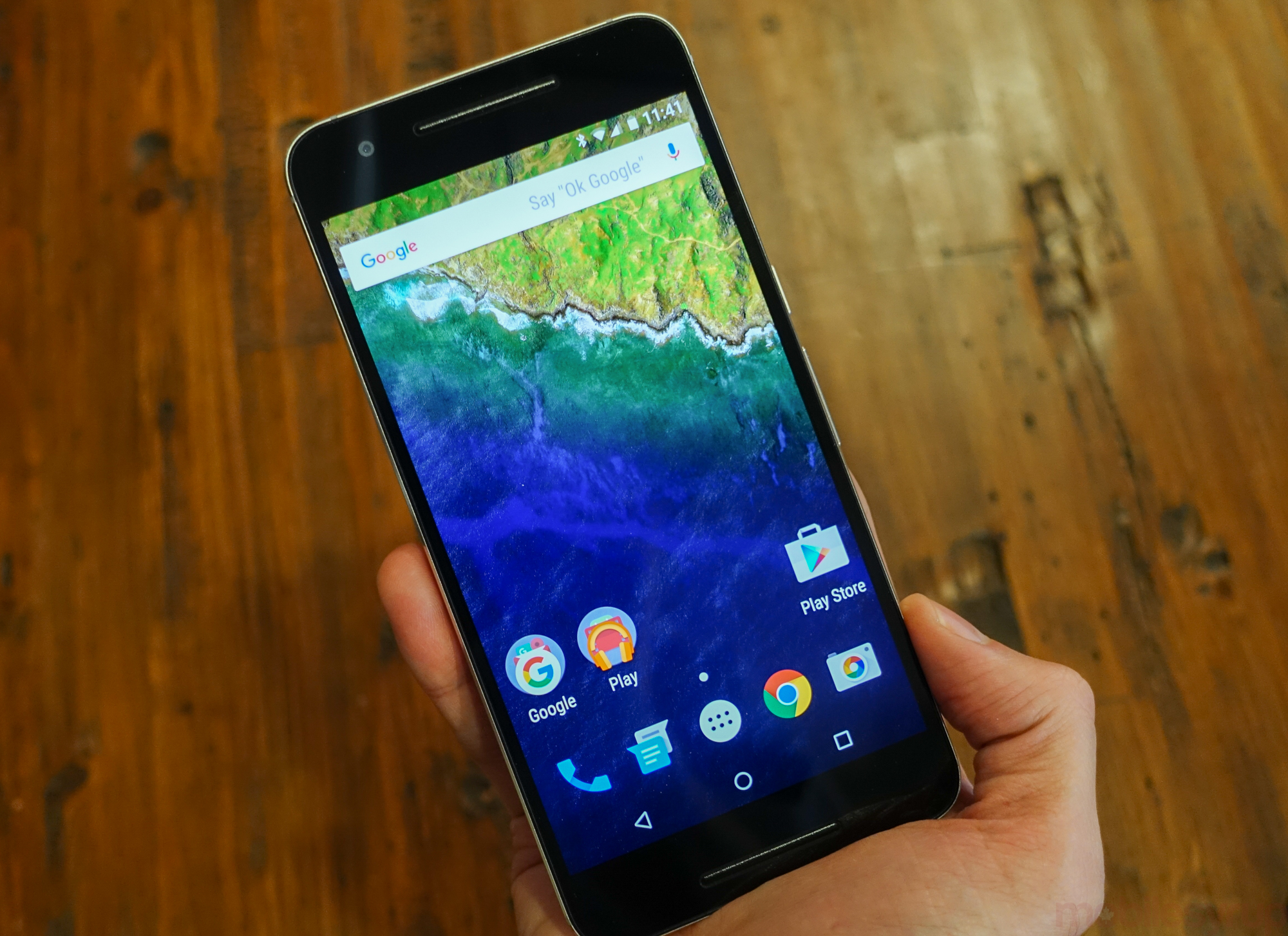
With the first set of third-party Android Marshmallow devices set to arrive in the near future, Google has made a major update to its Android Compatibility Certification Document. The list, which lists the prerequisites third-party OEMs need to meet if they want to ship a phone with Google Play Services installed, now requires smartphone makers to support full-disk encryption.
This isn’t the first time Google has mandated full-disk encryption. With the launch of Android Lollipop and the Nexus 6 and Nexus 9, full-disk encryption was enabled by default on those devices, and the CDD said OEMs needed to include the security feature for their devices to have any chance of being certified by the company.
However, after several early Nexus 6 reviews said the smartphone’s performance suffered from having to encrypt and decrypt large amounts of data, Google altered the document, making the feature only strongly recommended. It also noted that the feature would required in a feature release of Android.
“While this requirement is stated as SHOULD for this version of the Android platform, it is very strongly RECOMMENDED as we expect this to change to MUST in the future versions of Android,” says the document.
According to the document, devices that launched prior to the release of Android Marshmallow are exempt from the requirement, as are any devices that don’t meet the performance requirements laid out by Google in the CDD.
Going forward, however, all other devices will be required to support the feature. As a user, you won’t be required to set this up as soon as you set up a new phone; instead, manufacturers will be required to set up a default passcode that can be changed at a later date.
[source]Android Police[/source]
MobileSyrup may earn a commission from purchases made via our links, which helps fund the journalism we provide free on our website. These links do not influence our editorial content. Support us here.


